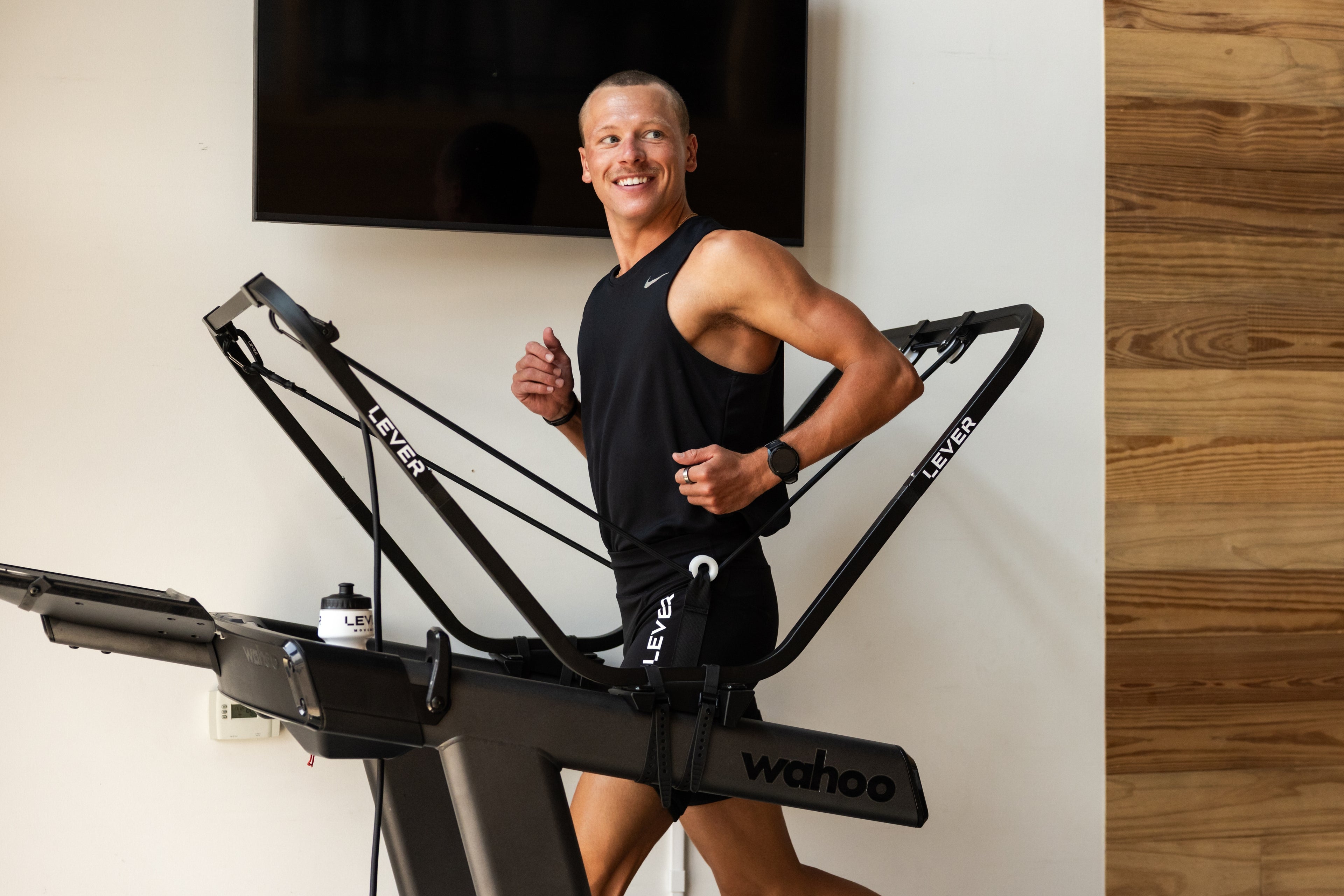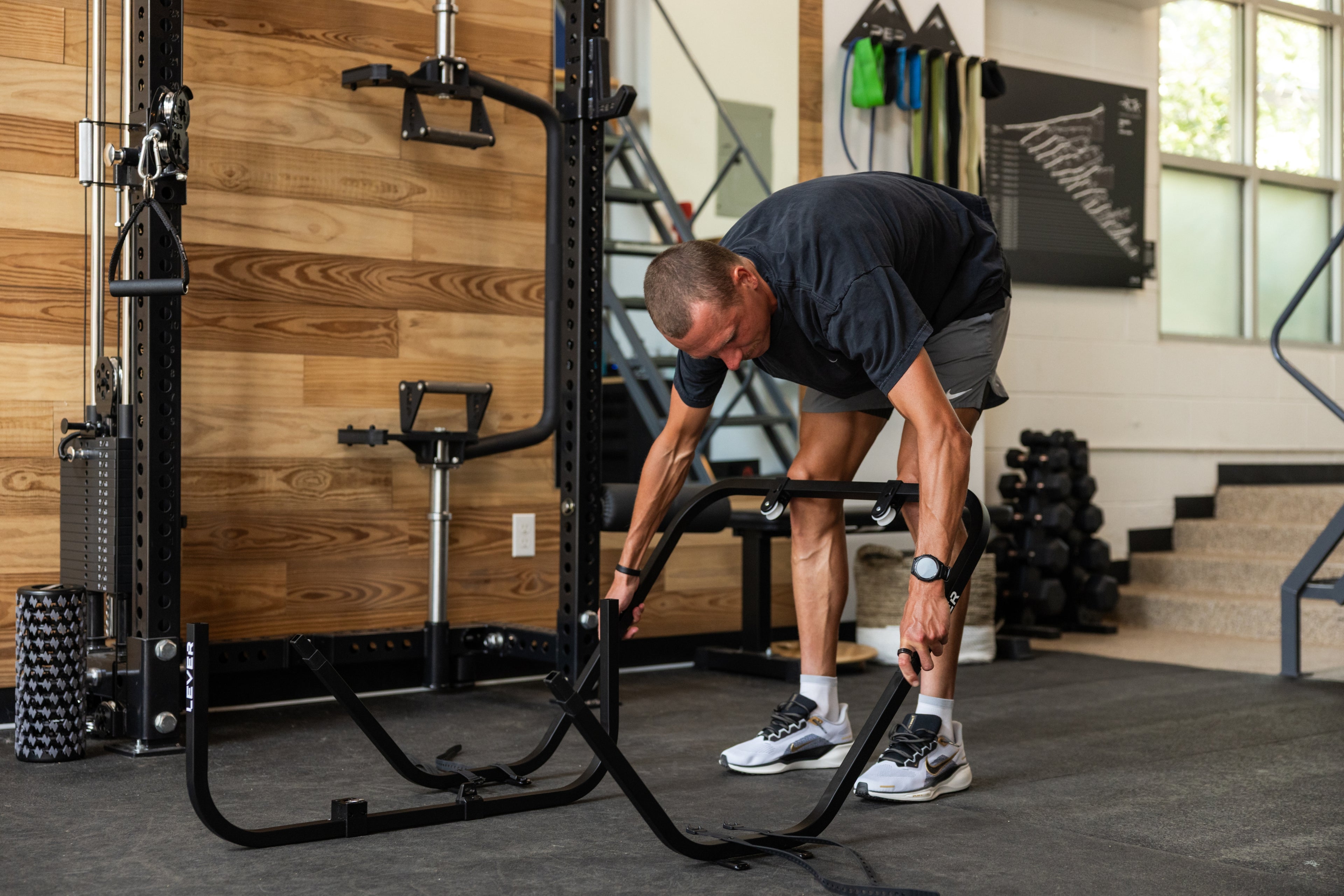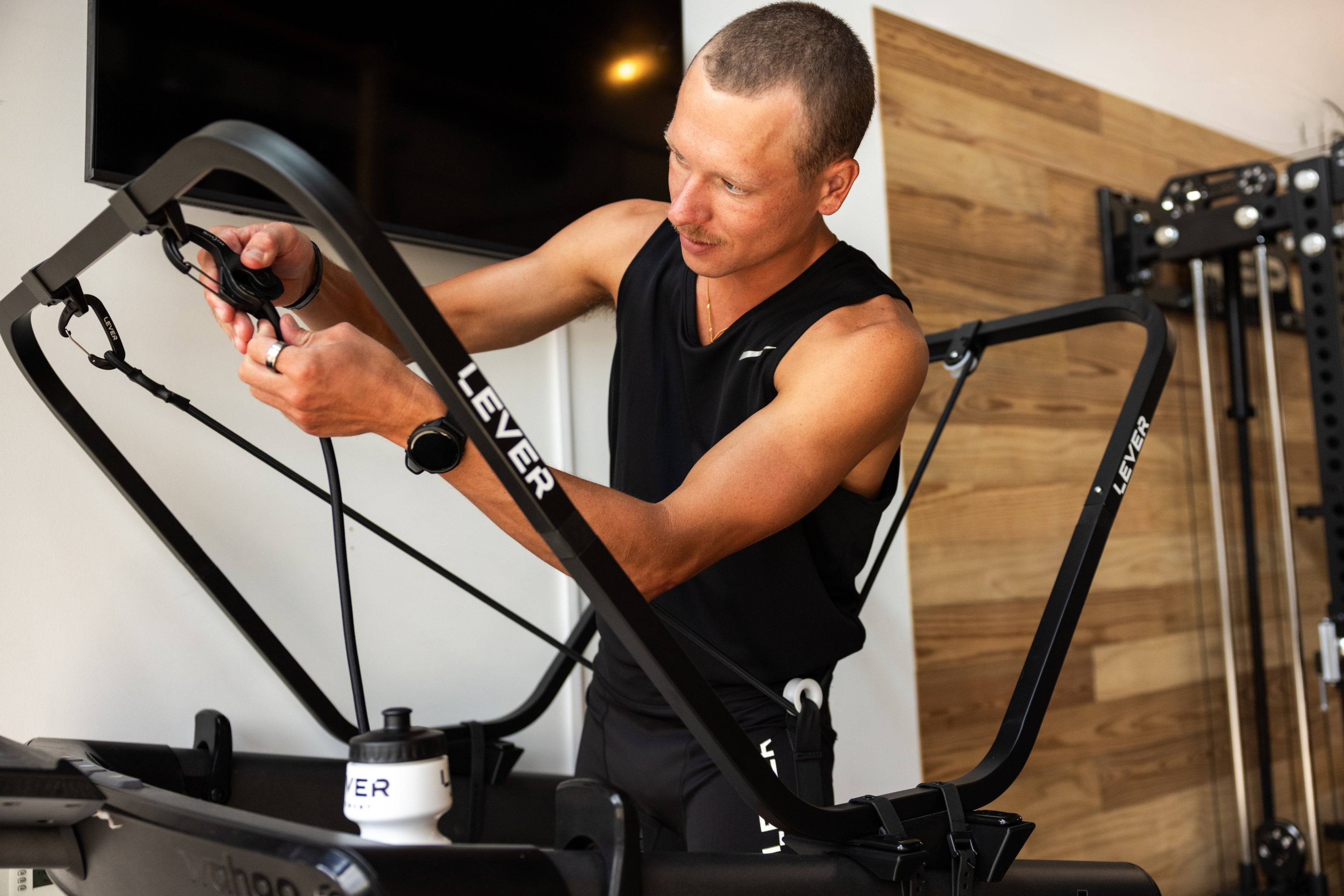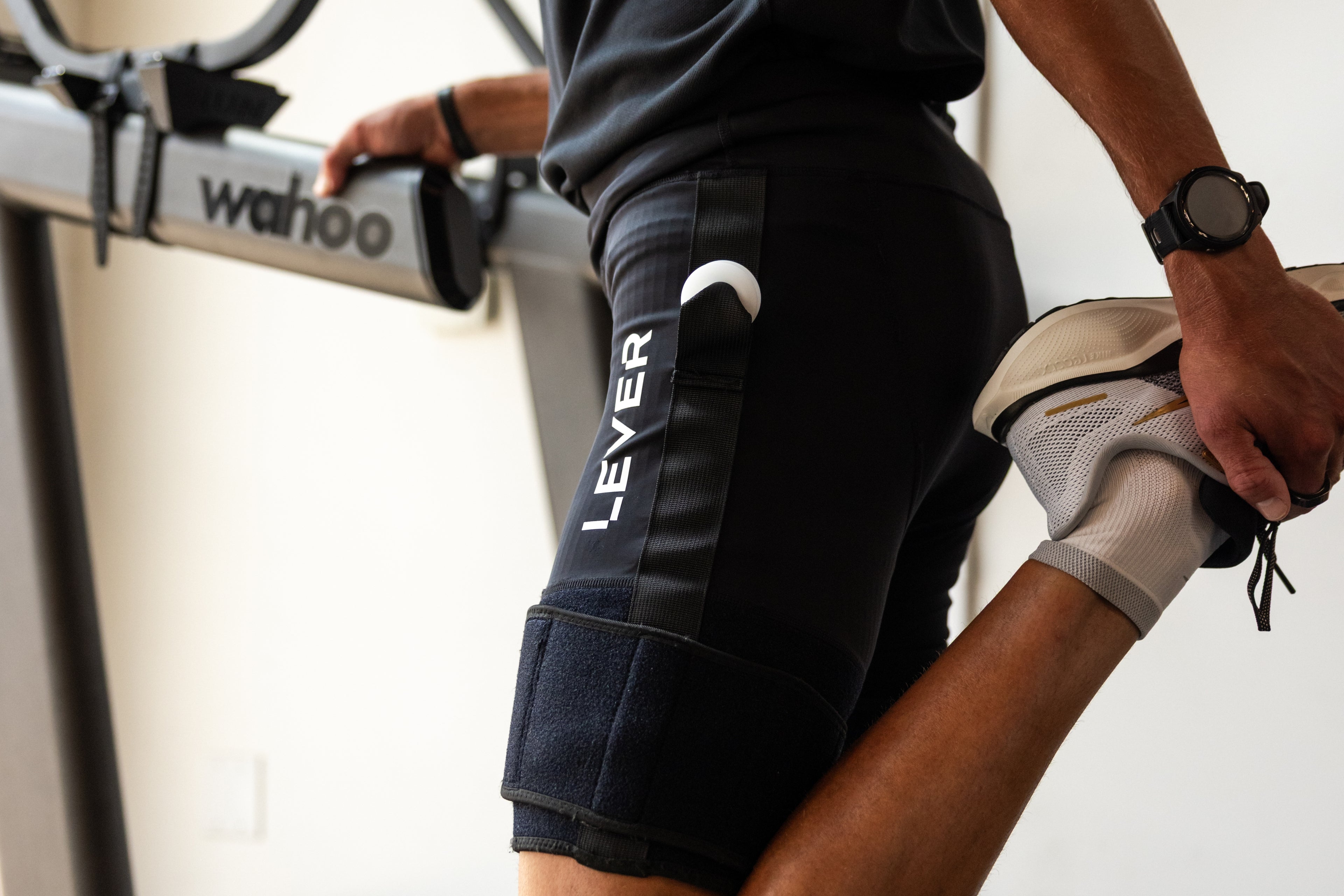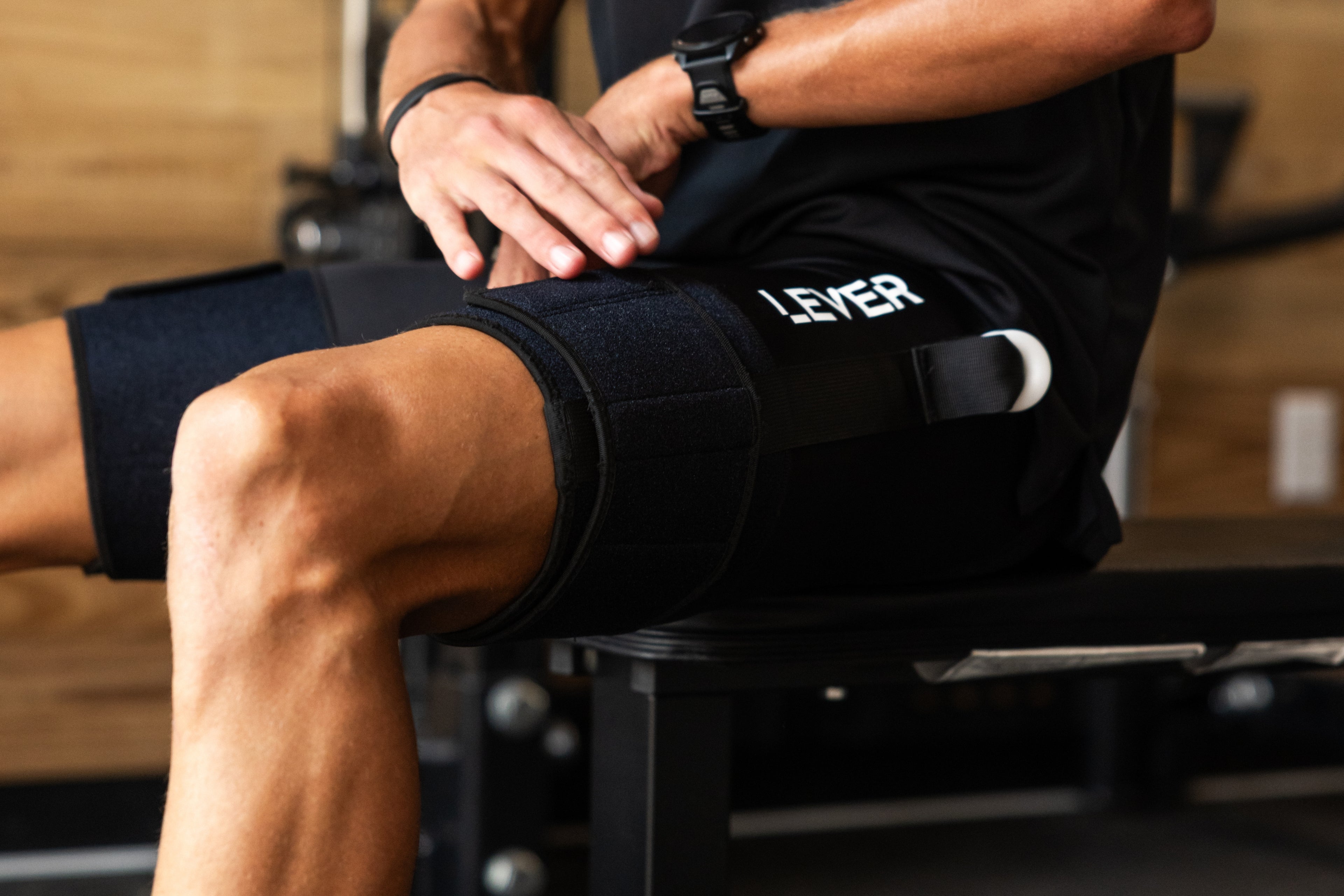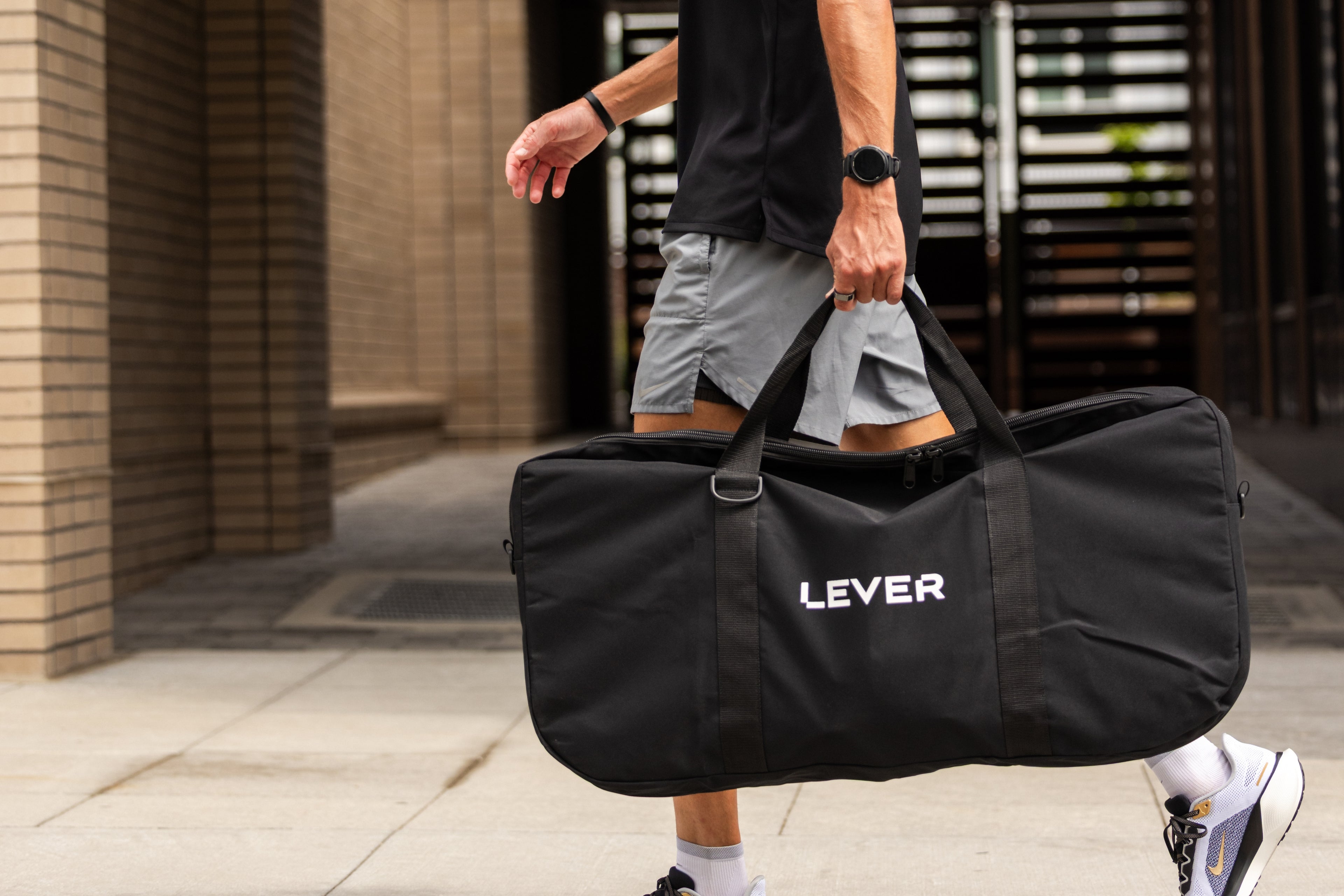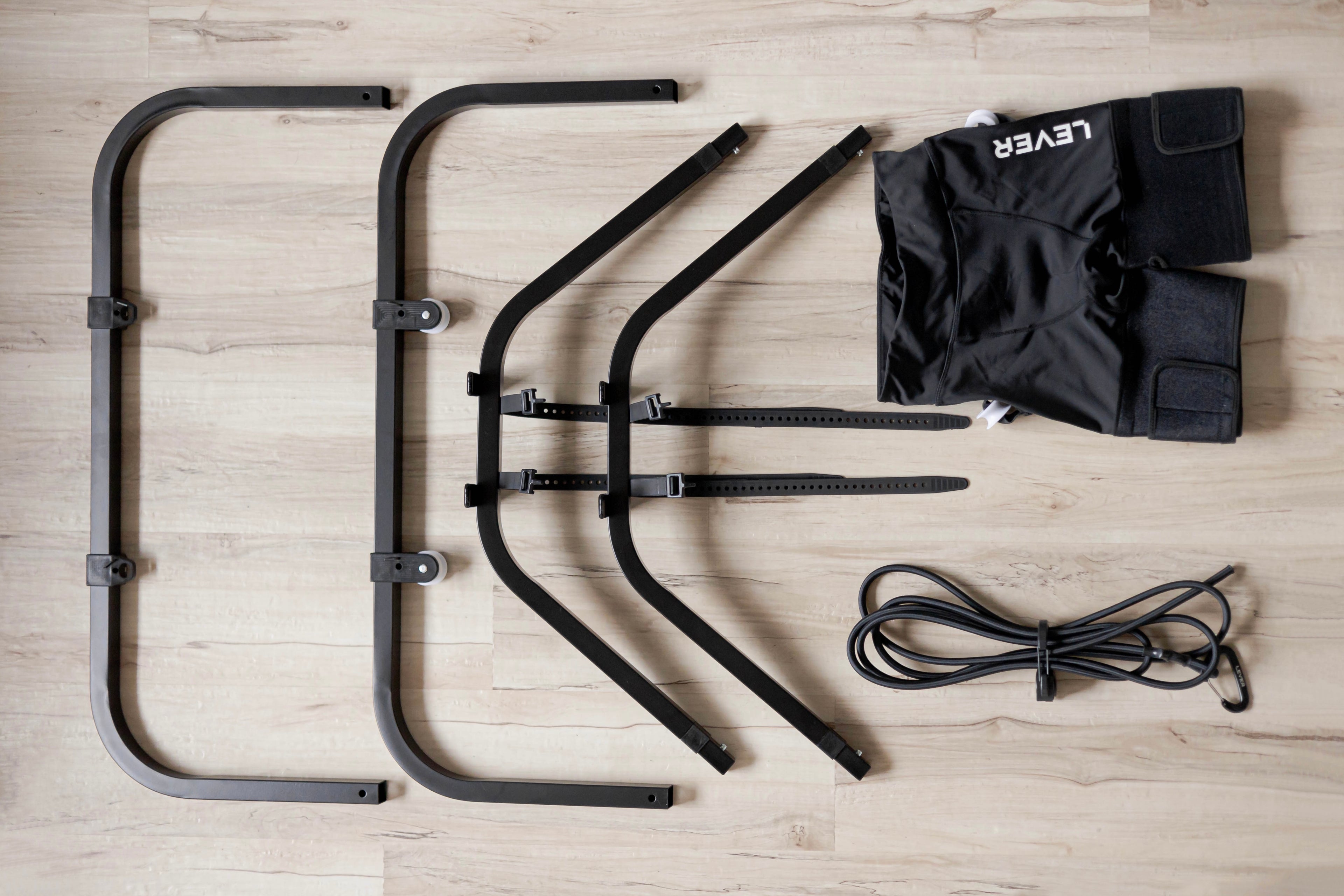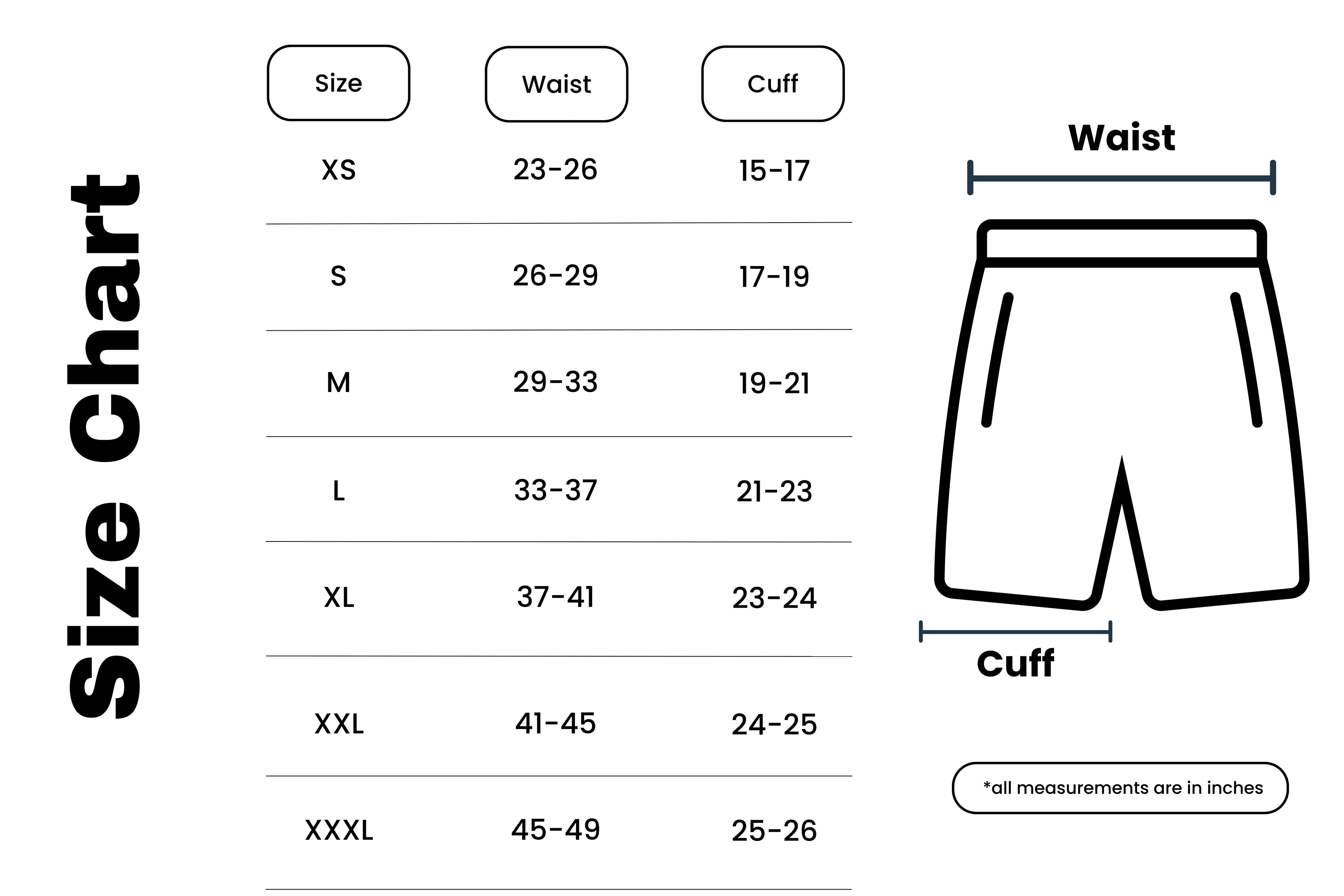Completing a marathon is an impressive feat that pushes the human body to its limits. But what happens after the finish line? Understanding the science of recovery can help you bounce back faster and stronger.
Rehydrate & Refuel
The importance of hydration cannot be overstated. During a marathon, your body loses fluids through sweat, leading to decreased plasma volume. This can hamper blood circulation and limit the removal of waste products from your muscles. Drinking fluids restores this balance. Additionally, muscles use glycogen, a form of stored glucose, as a primary energy source during prolonged exercise. Consuming carbohydrates post-race replenishes these glycogen stores. Proteins, on the other hand, provide amino acids necessary for muscle repair and rebuilding.
Stretch & Roll
Delayed Onset Muscle Soreness (DOMS) is a common aftermath of strenuous exercise. It's a result of microscopic tears in muscle fibers. Gentle stretching increases blood flow to the muscles, promoting healing and reducing the intensity of DOMS. Foam rolling, on the other hand, helps in breaking down fascial adhesions and improving lymphatic drainage, further aiding the healing process.

Rest
During deep sleep, the body releases growth hormone, which plays a vital role in muscle repair and recovery. Additionally, rest allows the cardiovascular system to recuperate. Overtraining or returning to intense exercise too quickly can lead to reduced immune function, making you susceptible to illnesses.
LEVER Running
For those who are itching to get back to running but are held back by soreness, the LEVER system might be the solution you've been looking for. LEVER can reduce up to 45 pounds off your sore muscles. It easily attaches to your treadmill and allows you to gradually reintroduce running, ensuring a safe and effective recovery. It's a tool for those looking to bounce back without overstraining and risking injury.

Bonus Tip
Nutrition: Eating foods rich in antioxidants and anti-inflammatory properties can accelerate recovery. Berries, cherries, turmeric, and green tea are great options. Omega-3 fatty acids, found in fatty fish like salmon, have also been shown to reduce muscle soreness.
Understanding the underlying science behind these recovery tips provides a roadmap for effective recuperation. With this knowledge in hand, you’re not just passively waiting to heal; you're actively aiding your body in the process. Knowledge, combined with action, ensures you're ready for your next marathon race!











